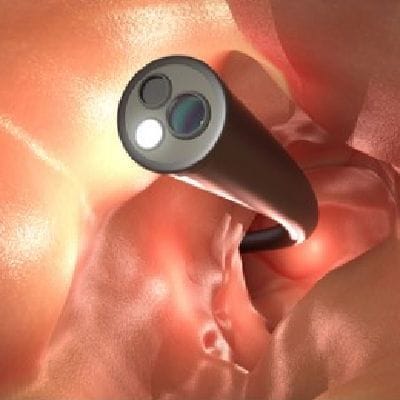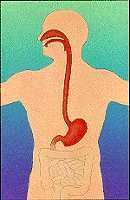 OVERVIEW
OVERVIEW
Routine screening is an essential health maintenance tool that can help detect disease at an early stage when it is most treatable. Colonoscopy is a screening test that helps find polyps in the colon and rectum before they turn into cancer. Polyps are growths on the lining of the colon or rectum that have the potential to turn into cancer.
If you are scheduled for a colonoscopy or are just curious about what to expect, keep reading! This article will discuss everything you need to know about the procedure.
What is a colonoscopy, and what are its benefits?
A colonoscopy is a medical procedure that allows your doctor to examine the lining of your large intestine. This can help them detect problems such as polyps, ulcers, or tumors. Colonoscopies are also used to diagnose conditions that involve inflammation of the colon, such as Crohn's disease and Ulcerative Colitis. The benefits of a colonoscopy include early detection of problems and the ability to treat conditions before they become more serious.
How to Prepare For a Colonoscopy?
If you are scheduled for a colonoscopy, there are a few things that you should do in advance to make the procedure as smooth as possible. Preparation can include drinking plenty of water and clear liquids the day before the procedure. You will also take a laxative medication to empty out the colon. Colonoscopies can sometimes be uncomfortable, but with preparation and good communication with your health care provider, it can be a relatively painless experience.
What happens during a colonoscopy?
During a colonoscopy, you will be given a sedative through an IV (intravenous catheter) to help you relax. Once you are sedated, your doctor will insert a long, flexible tube into your rectum and colon. This tube has a small camera on the end, which allows your doctor to see the inside of your colon. Your doctor may also take biopsies (tissue samples) during the procedure.
What are the risks of a colonoscopy?
The risks of a colonoscopy are generally low. However, as with any medical procedure, there are some risks. These include:
- Bleeding
- Infection
- Perforation (a hole in the colon).
What should I expect after a colonoscopy?
After a colonoscopy, you will be taken to a recovery area, where you will be monitored. You may feel bloated or have cramps for a few hours after the procedure. You should be able to eat and drink normally after the procedure. If biopsies were taken, you may experience some mild rectal bleeding.
Who should get a colonoscopy?
Most experts recommend that people over the age of 45 get a colonoscopy every ten years for colon cancer screening. If you have a personal history of colon polyps or a family history of colon cancer, you may need to get screened earlier or more frequently. You should talk to your doctor about how often you need to get a colonoscopy. Colonoscopy is also used to evaluate patients with certain symptoms, such as a change in bowel habits or rectal bleeding.
How much does a colonoscopy cost, and do insurance plans cover it?
The cost of a colonoscopy varies depending on the facility and location. Most insurance plans cover colonoscopy, but you should check with your insurance carrier to verify if there are any out-of-pocket costs to you.
Colonoscopy is a safe and effective way to decrease your risk of developing colorectal cancer by using a flexible camera to directly visualize the inside of the colon, and remove any polyps that are found. It can also be used to diagnose a variety of other diseases of the colon.
Disclaimer:
The information on this website is provided for educational and information purposes only and is not medical advice. Always consult with a licensed medical provider and follow their recommendations regardless of what you read on this website. If you think you are having a medical emergency, dial 911 or go to the nearest emergency room. Links to other third-party websites are provided for your convenience only. If you decide to access any of the third-party websites, you do so entirely at your own risk and subject to the terms of use for those websites. Neither Arnon Lambroza, M.D., P.C., nor any contributor to this website, makes any representation, express or implied, regarding the information provided on this website or any information you may access on a third-party website using a link. Use of this website does not establish a doctor-patient relationship. If you would like to request an appointment with a health care provider, please call our office at 212-517-7570.

 OVERVIEW
OVERVIEW

